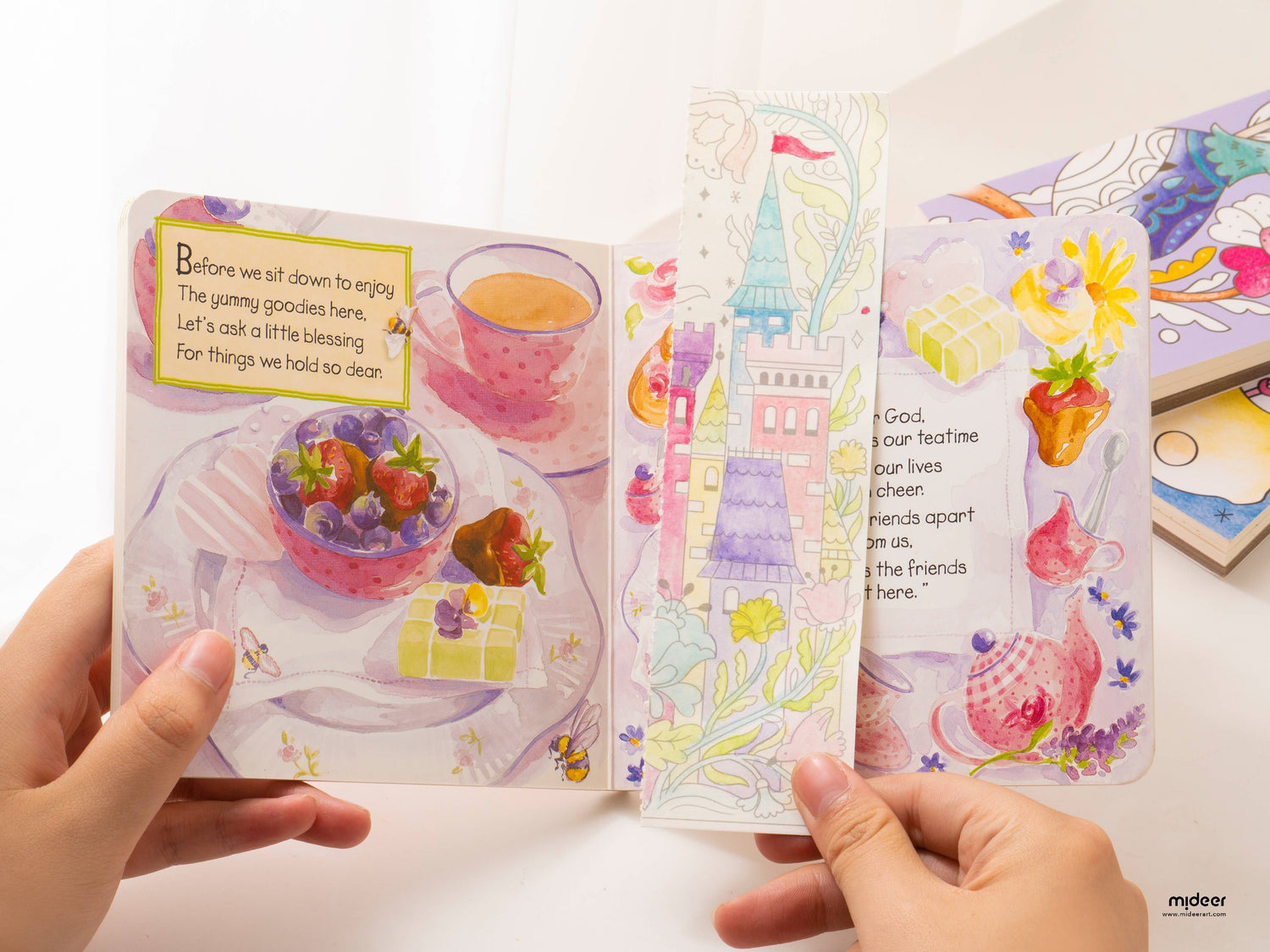This article will give us an insight into benefits of puzzles for toddler.
When it comes to early childhood development, puzzles are often overlooked as a simple form of entertainment. However, the benefits of puzzles for toddlers go far beyond keeping them occupied. In fact, engaging in puzzle play can significantly contribute to the development of essential skills in young children.
Enhancing Cognitive Skills
One of the most surprising benefits of puzzles for toddlers is their ability to enhance cognitive skills. When children engage in puzzle play, they are required to think critically, problem-solve, and make decisions. For example, when fitting puzzle pieces together, toddlers must use their spatial awareness and logical thinking to determine which piece fits where. This process helps to develop their cognitive abilities and improve their problem-solving skills.
Improving Fine Motor Skills
Another essential skill that puzzles can help toddlers develop is their fine motor skills. As children manipulate puzzle pieces, they are refining their hand-eye coordination and dexterity. This improvement in fine motor skills is crucial for tasks such as writing, drawing, and tying shoelaces. By engaging in puzzle play, toddlers are unknowingly honing these essential skills that will benefit them as they grow older.
Boosting Emotional Development
It may come as a surprise, but puzzles can also have a positive impact on a toddler's emotional development. As children work on completing a puzzle, they experience a sense of accomplishment and satisfaction when they successfully finish it. This feeling of achievement can boost their self-esteem and confidence, laying the foundation for positive emotional development. Additionally, puzzle play can also teach toddlers patience and perseverance as they work through challenges, further contributing to their emotional growth.
Enhancing Social Skills
Furthermore, engaging in puzzle play can also enhance a toddler's social skills. When children work on puzzles together, they learn to communicate, collaborate, and share. They can take turns, discuss their strategies, and help each other, fostering important social skills that are essential for interacting with others. This collaborative aspect of puzzle play can also encourage teamwork and empathy, further enriching a toddler's social development.
It's clear that the benefits of puzzles for toddlers extend far beyond mere entertainment. By enhancing cognitive skills, improving fine motor skills, boosting emotional development, and enhancing social skills, puzzle play plays a crucial role in a toddler's overall development. So, the next time you see a toddler engrossed in a puzzle, remember that they are not just having fun – they are also developing essential skills that will benefit them throughout their lives.
